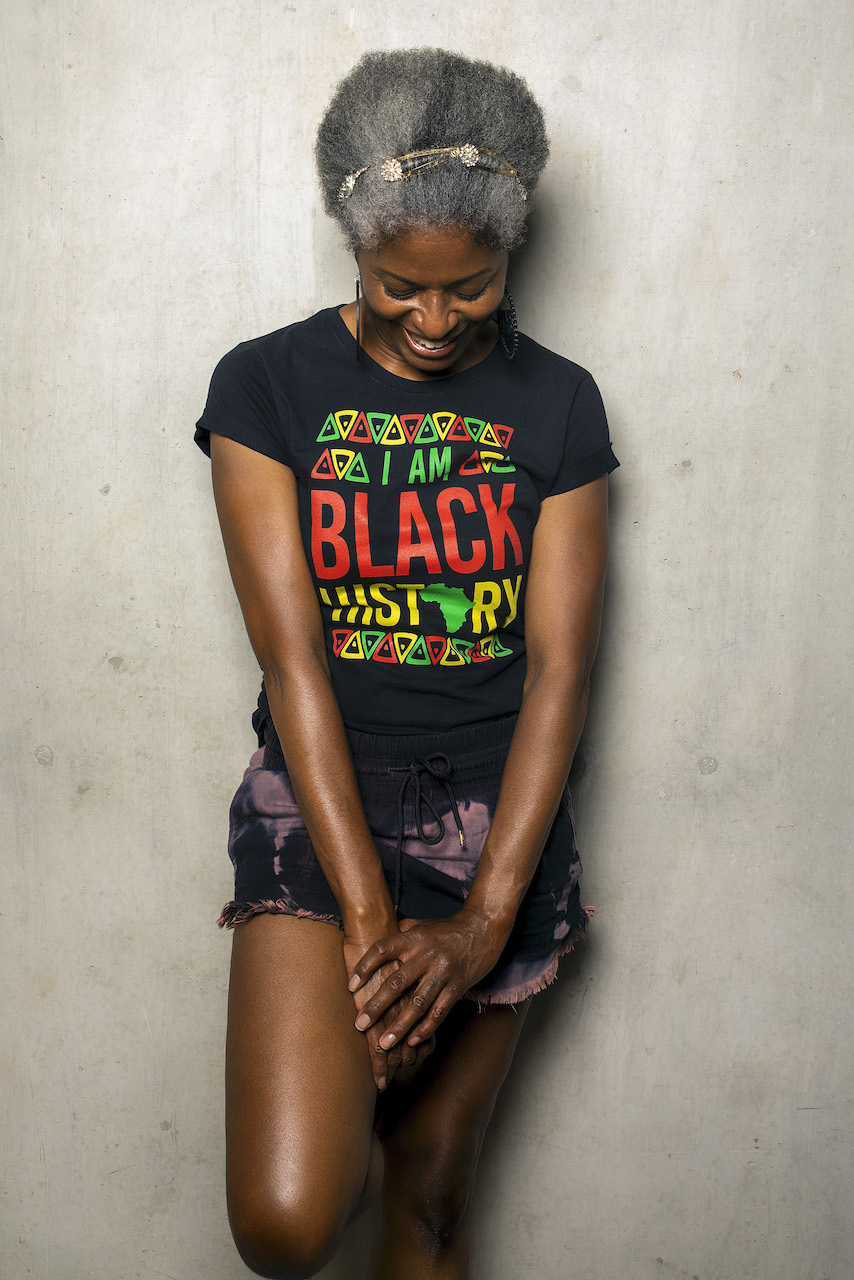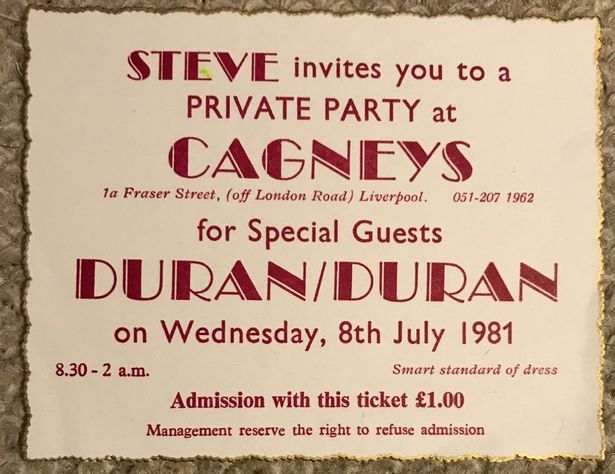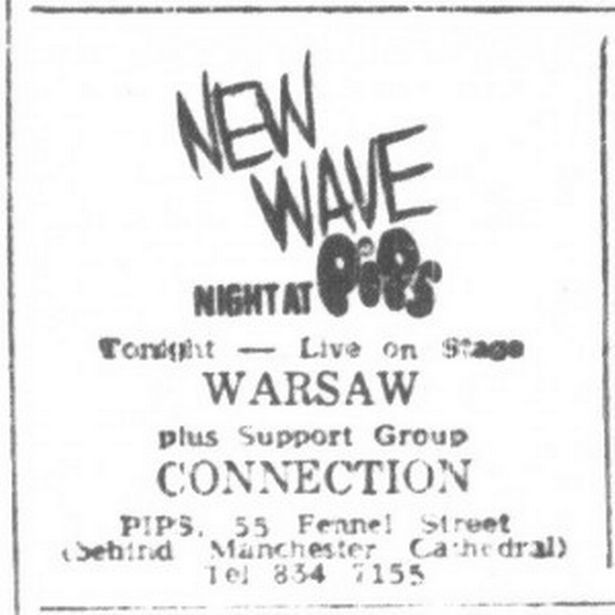Interview conducted by our favourite four-to-the-floor expert, The Insider.
DJ Paulette was born and raised in Manchester. She’s recently relocated to the city after 3 decades of globe-trotting adventures. During that time, as a club DJ, Paulette has held residences at the Hacienda – one of only 2 female DJs to do so, Heaven, and Ministry Of Sound. She’s lived and worked for long periods in both Ibiza and Paris, subsequently becoming a headliner at too many events to mention. It would be easier to list the doos that she hasn’t done. As a radio DJ, Paulette hosts monthly slots on Gilles Peterson’s Worldwide FM, and Reform Radio, and regularly contributes to an eclectic selection of shows on BBC’s 6Music. An active member of the Musicians’ Union and part of She Said So’s Power Up mentoring program, in 2022 Paulette was the winner of DJ Mag’s Lifetime Achievement Award. As Paulette prepares for summer appearances at a number of festivals, including Wild Wood Disco, we talked about her travels, from New Romantic fan to world respected house DJ, and her new book, Welcome To The Club: The Life And Lessons Of A Black Woman DJ, which chronicles that colourful journey.

Thanks for talking the time to talk. Where are you today and what are you up to?
I am briefly at home in Manchester after having spent the last three days in the developmental edit for my book ‘Welcome To The Club’ with my editor Dave Watkins – we are close to the final manuscript now. Finishing this session a little earlier than expected meant that I could whizz into town to get a haircut, collect my train tickets and I am now at home in the office rehearsing the Keynote Interview I am doing with Simon Dunmore at The Brighton Music Conference tomorrow. Exciting and busy times.
You’re from the magnificent city of Manchester. What are the things that you love about your hometown? What are the characteristics of a good Mancunian?
A good Mancunian doesn’t need the sunshine to be happy – we lap it up when it comes though. Manchester people are the best in the world. You can talk to anyone anywhere here – it’s not considered weird – and we happily engage in the conversation. Manchester people are open, helpful, really good listeners and if we can’t help you we can put you in touch with someone who can. Humble mavericks. Rule breakers… and we have a naughty sense of humour too.
Who are the icons from your city in your opinion?
There are so many, old and new: Anthony H Wilson, Marcus Rashford, Emmeline and Christobel Pankhurst, Maxine Peake, ANZ, Afrodeutsche, Andy Burnham – he’s from Warrington but he’s an honorary Manc, Marie Stopes, Rowetta, Diane Modahl, Alex Ferguson, Caroline Aherne, Victoria Wood, Lemn Sissay, Sacha Lord…
Your career has taken you to many places. Have you lived away from Manchester at all, or have you always stayed close to home?
I’ve lived happily in Manchester, London, Paris and Ibiza, and each time as a long term resident. I lived in Europe for nearly thirteen years, but even though I love to travel and experience different cultures, and embrace change, moving back to Manchester has been one of the best decisions that I’ve ever made. There’s really no place like home.
With a career that’s spanned almost 30 years, you will have seen a lot of change. Do think what it takes to be a successful DJ has changed massively, or do you think the fundamentals remain the same?
The fundamentals are the same: a love and passion for music, and sharing that with anyone who wants to listen in as many ways as possible is paramount. Then the hours of practice, hours of listening to music and honing your craft, learning how to play in different environments, learning how to read a room / crowd and entertaining a room full of wildly different people is a lifelong lesson. On the business side, networking, getting to know how the industry works, building your profile, building contacts, evolving and moving forward will always be the drivers, but the business now is vastly different with the influence of the internet, the importance of developing a brand and the rise of AI. It was called the music industry and now it is more commonly termed the music business which I think is very telling.
When did you first pick up a record and think you wanted to do this for a living? What or who got you into it? What made you start?
I’d DJed on random occasions before but I realised that I wanted to DJ for a living – when I played at the Number One all night on my own, nobody left, and I got paid for doing it. I realised I had a gift for making people dance and soundtracking their night in a way that made them feel good.

Number One Club, Manchester
Can you remember a few of the first records you bought? Where did you buy them? How did you come by them?
I was very young when I first picked up a record maybe three or four? Me and my twin made our own dance routine and used to bounce around to one of my mum’s records, Up Jumped The Rabbit, by Frankie Lymon. My mum bought us a Disney vinyl box set for our 8th birthday that we LOVED and played to death. It had all the soundtracks to the Disney films – Pinocchio, Cinderella, Lady and The Tramp, Bambi, 101 Dalmatians, The Jungle Book… We learned every lyric and there was NO song sheet. I was 7 when I learned all the lyrics to David Bowie’s Aladdin Sane album: I was obsessed by the drama, the emotion, the sleeve design and Bowie’s other worldliness.
I had quite a few records bought for me by my sisters before I bought my own. A few that stick in my mind are Pop Muzik by M and the Chic albums. Then I had a paper round and used my wages to buy 12” singles and albums like: Human League’s Being Boiled and Sound Of The Crowd, Holiday 80’s Marianne, The Eurythmics, Killing Joke’s Everything, Kraftwerk’s The Model, Computer Love, Showroom Dummies, and Tour De France. Me and my twin also pooled our spends and bought: The Crusaders’ Street Life, with Randy Crawford, and The Police’s Message In A Bottle on green vinyl at Spin Inn.
In terms of DJing, some of the first records I bought specifically to play out were: Adeva’s Respect, Clivilles & Cole’s Everything, Larry Heard’s What About This Love, The Reese Project’s The Colour of Love, Inner City’s Pennies From Heaven, The Young Disciples’ The Road To Freedom, Diana Ross’ Diana and Golden Greats, and Frankie Knuckles’ Rain Falls.
Where were your first gigs? What kind of music were you playing? Who were the DJs you looked up to back then?
My first DJ gig was at the Number 1 club on Central Street in Manchester. I was heavily influenced by a Manchester DJ called Tim Lennox, who was the resident DJ at the club when I was a dancer there. I played a mixture of everything – disco, rare groove, soul, funk, house, early techno, from the likes of Evelyn ‘Champagne’ King, Gwen McCrae, Larry Heard, Kevin Saunderson, Marshall Jefferson, Earth Wind and Fire, James Brown, Salsoul, Prince, The Jacksons. Anything that sounded good together went into those long sets.
What clubs and parties did you go to in your early clubbing / dancing days?
The first club that I ever went to on my own was Cagney`s in Liverpool. I was into the New Romantic and electronic sound, so I went to hear Steve Proctor play. After that I went to a club called Pips in Manchester. It had four rooms dedicated to different genres – a soul room, a `60s room, The Bowie Room, and The Roxy Room, which played everything from Grace Jones, The Tom Tom Club and Malcolm McLaren to the Sex Pistols, Public Image, New Order, Soft Cell. I went to most of the clubs in central Manchester – DeVilles, Berlin, Legends, The Ritz, The Gallery, The Boardwalk, and of course The Hacienda.


Who did you knock around with? Are any of these people still in your life now?
In the early days I used to hang out with a gang of Japan, Bowie, Gary Numan and Siouxsie Sioux look-alikes but none of the people I clubbed with in my teens are in my circle now. However, many of the people I hung out with in my twenties at the Hacienda are still in my life today, and some are my longest standing and best friends – most notably Gary Mills and Janie Valentine.
How did your residency at The Hacienda come about?
I was booked to play a party at the Number 1 which was successful and the promoters for Flesh, the Hacienda night where Tim Lennox DJed, were at that party. Myself and Adele – the girl who threw the party at the Number One club – pitched to these promoters for us to host the second room and we were given the job off the strength of the feedback from that party.
Did being a woman pose any challenges while working at the club?
The significance of it didn’t register at the time, plus I wasn’t the only female resident there. Kath McDermott was also a resident.

Kath McDermott, Hacienda 1994
You have your club career, but you also work in radio. How long have you been doing that?
I actually worked in radio long before I was a DJ. I think I love radio so much because I was brought up on it. Radio was always on in the background at home, and was an important source of music, and national and local news. I get the most enormous buzz from radio and getting to do occasional slots on BBC 6 Music – a nationally recognised station – is a great honour. And yes, yes, yes, I would love to have my own show there.
You’re known for your highly energetic sets, which move across styles and genres. How much do you prep for gigs? Do you prep at all or is it very a much a momentary thing?
Life is one big preparation. I prep and listen to music all the time – whenever I get the time – but I never meticulously plan a set. I prefer to go into every set with a full usb key, a blank slate and an open mind. It’s as much to do with how the crowd receives and reacts to the energy that you put out as it is about your selection. The crowd reaction can take you to surprising places, and it’s always better to journey together.
As a DJ whose musical range is broad, where do you go looking for new inspiration? Is there somewhere that you go to dig for physical records?
Beatport, Traxsource, Bandcamp, Discogs for CDs that I can digitalize. I’m mainly digital. It’s a very rare occasion when I will buy vinyl.
What are your most treasured vinyl possessions?
What’s left of my vinyl collection now is treasured, since so much of it has been lost, damaged, or stolen. My Stevie Wonder, Prince, David Bowie, Michael Jackson, and Kate Bush records are special, then there are things like the Brainstorm album, Journey To The Light, and Johnny Hammond’s Shifting Gears.
Gilles Peterson said that you’ve taught him and Norman Jay a few things over the years. What did you teach Gilles about then?
It was an incredible compliment but I have no idea… I guess we learn something from everybody don’t we? I do send Gilles tunes occasionally, and call him about producers, DJs, and bands, that I like and know won’t necessarily be on his radar. Over the years he’s picked up on a few gems that I know came from me. He doesn’t always like or play everything that I send him or tell him about but I will always put in the call.
You were awarded a DJ Mag’s Top 100 Lifetime Achievement Award – sincere congratulations for that Paulette! What did that that feel like? Your people must be pretty proud.
It was indeed a very proud moment for me. At first I thought they were asking me to vote for the category, or asking my advice on who the winner should be. When I read that I’d been nominated as the winner I honestly didn’t believe it. I slammed my laptop shut and hid in the dressing room I was that triggered. I didn’t think it was real. I had to read the email about five times before it fully sunk in.
You’re working on a book right? Can you give us a little flavour of that? When can we hope to read it?
My book is called Welcome to the Club: The Life And Lessons Of A Black Woman DJ. pre-orders are available now through the publisher, Manchester University Press, and Amazon, Waterstones, and Blackwell’s. It loosely charts my career, using seven tipping points within the chronological arc to discuss some of the themes and issues around it with the people I worked with, alongside and for. I interviewed some incredible people including Gilles, Norman Jay, Jaguar, Jamz Supernova, Peter Hook, DJ Colleen ‘Cosmo’ Murphy, Marcia Carr, Lakuti, Fabric’s Judy Griffith, in order to give a more rounded perspective.
As we look to the summer this year, you have a fair few festivals lined up including Beat Herder, Glitterbox and Secret Garden and The Wild Wood Disco Festival. Have you played Wild Wood before?
I’ve never played Wild Wood before – this is my debut and I am very excited about it.
As a strong woman in music, do you feel that the male-dominated tide is finally turning? What has changed? What still needs to change?
Yes I can confidently say that things are changing. There are way more women in the business now than ever before, both in front of and behind the scenes, but we are still relatively outnumbered. It’s great to see people like Jaguar and Jamz Supernova making huge strides, whilst people like Annie Mac and Honey Dijon are icons and shining beacons for us all. We need more women and non-binary people throughout the chain, but these changes do not happen overnight. It’s a case of baby steps. Applause. Then more baby steps until we get to a fully balanced, diverse, safe, and equally paid environment. It is great though and it gives me a massive buzz every day to see women smashing it better than men and on the daily. It gives me hope.
What advice would you give to young women in music today?
I would say be yourself, don’t be afraid, and go for it. Reach as high as you can. Ask for the same money and the same terms and conditions as your male counterparts. Embrace the technology and never stop learning. Report anyone who does anything unacceptable as soon as it happens. Find as many like-minded people as you can, and create a solid network that you can all benefit from.
There have been so many highlights for you. Have there been some low moments too, and how did you weather those storms? Who helped you weather those storms?
I came back to Manchester because I knew that I didn’t have the support I needed in Europe. My family and close friends are my absolute rock – it’s a great relief being surrounded by people like me. We all understand each other implicitly, and I love and treasure them all deeply. I know, and am very clear about who my friends are, and I keep my circle very tight. The pandemic and lockdown was a massive test of this, and the beautiful thing was that these bonds got stronger. The feeling of being in the right place every day is magic.
What do you wish you knew before you started this journey? What would you tell a young Paulette about a life in music?
I would tell myself that the career choice I was worried about was the right one to make and that it would influence my entire life in a beautiful way. I would tell myself that technology would soon change the game; I can be excited about it and it will serve me well if I learn how to embrace it fully. I would warn myself that I should pay attention to and learn about the business side of it and teach myself to be money aware: spending on fashion and living is amazing but saving and investing will serve me better in the long run. I would also advise myself to always be myself, to speak up and not hide behind others and to speak out if there has been an injustice.

Paulette’s book Welcome to the Club: The Life And Lessons Of A Black Woman DJ can be preordered from Manchester University Press. You can catch Paulette as part of the star-studded line-up at the Wild Wood Disco Festival, taking place at The Woodland Glade, Horseheath Racecourse, in Linton, Cambridgeshire, between the 16th and 18th of June. You can find more details, and purchase tickets, here.

